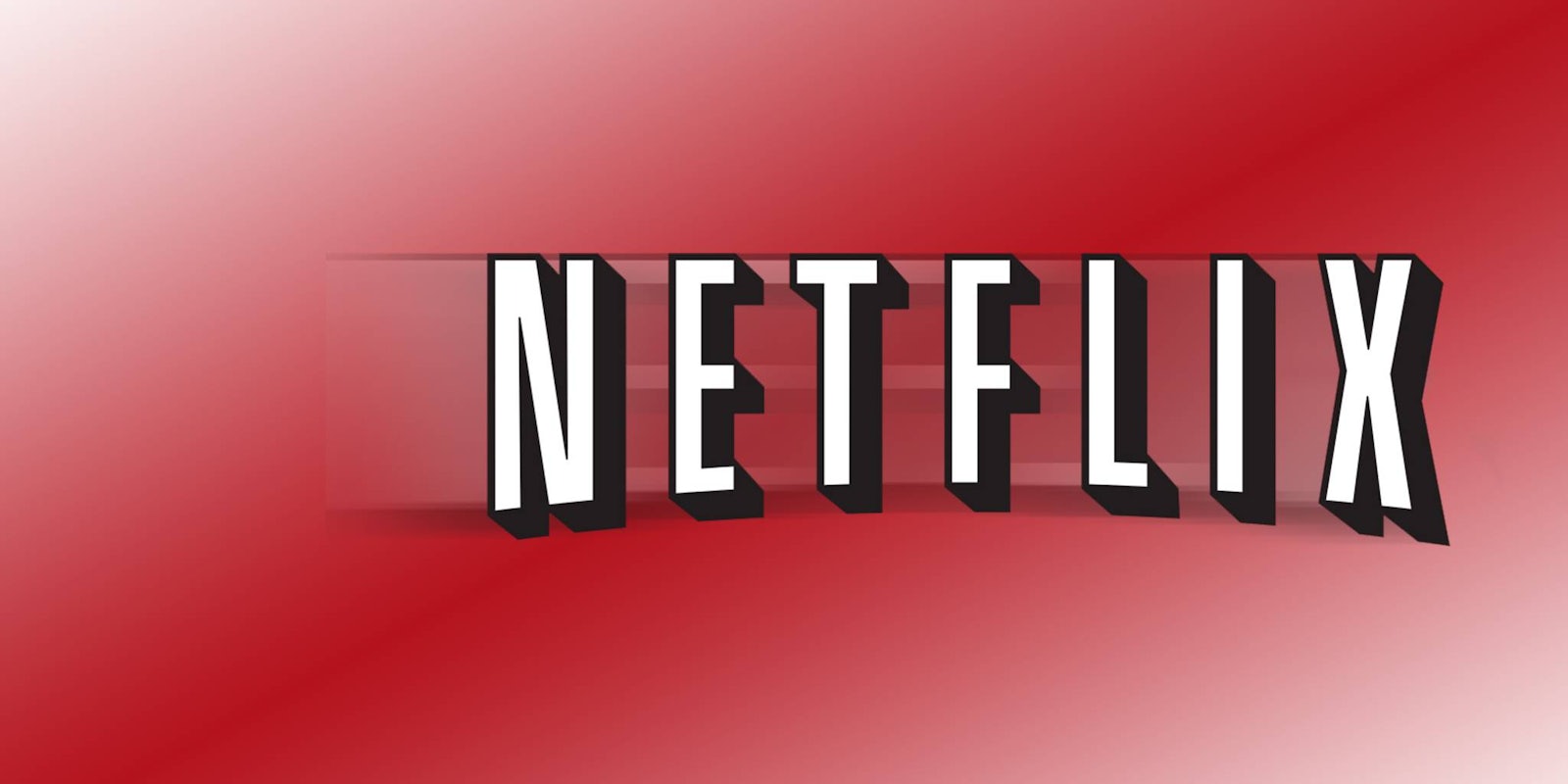BY SAM GUTELLE
Netflix plans to release 60 original programs in 2017, and along the way, it expects to spend $6 million. How does the streaming video platform keep its acquisition budget lean and efficient, even as it massively increases the amount of content it distributes? With AI, apparently.
A recent report from Business Insider details ultimately doomed negotiations between documentary filmmaker Craig Atkinson and Netflix. Among other points, Atkinson shares a conversation between his lawyer Jody Simon and a Netflix lawyer, the latter of whom told Simon Netflix had used an algorithm to determine how much it should pay for Atkinson’s film.
Atkinson entered into conversations with Netflix shortly before his documentary Do Not Resist premiered at the 2016 Tribeca Film Festival. As he tells it, the streaming platform’s lawyer acted as if the figure generated by Netflix’s algorithm was immutable. “During the course of the conversation our lawyer had with the Netflix lawyer, he got a lecture, as he described it, from the Netflix lawyer about the fee because he was pushing back about how it seemed incredibly low for an all-rights deal,” Atkinson told Business Insider. “The Netflix lawyer lectured him on how it was their algorithm that determined the price of the film and that there’s really no discussion to be had because this algorithm determined how much the film should be worth and that basically was the end of discussion.”
One conversation shouldn’t be seen as a complete indication of how Netflix does business, and the streaming platform declined to comment on Business Insider’s story. Still, it would make sense for Netflix to fine-tune its offers to creative people. As Motley Fool notes, Netflix doesn’t have as big a war chest as competitors like Facebook and Amazon, so it must be much more precise with its deals.
Machine-set or not, Netflix’s deals do seem to be getting more efficient. While the platform wants to double the number of original programs it produces, it only plans to increase its budget by about 20 percent to accomplish that feat, according to a recent address by Netflix Chief Content Officer Ted Sarandos. While there are many other factors that could have made the company’s content-to-spend ratio more efficient, such as an increasing preference for unscripted programming, we’re willing to believe the aforementioned algorithm played some role.



